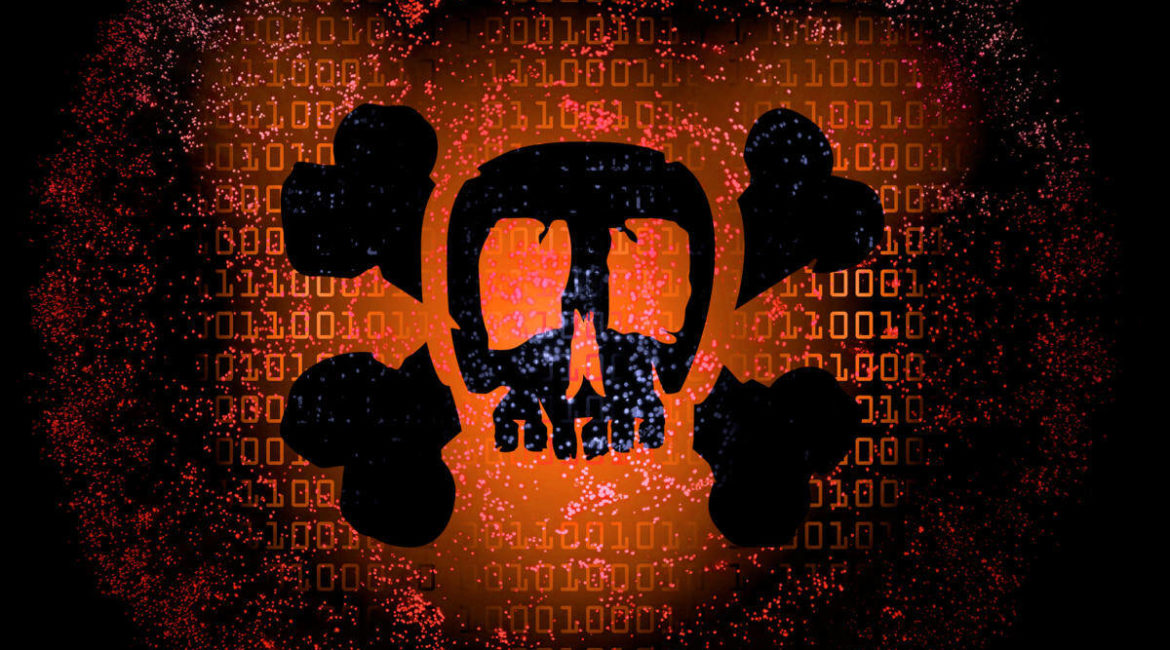The dark web is a part of the internet that isn’t indexed by search engines. You’ve no doubt heard talk of the “dark web” as a hotbed of criminal activity — and it is. Researchers Daniel Moore and Thomas Rid of King’s College in London classified the contents of 2,723 live dark web sites over a five-week period in 2015 and found that 57% host illicit material.
A 2019 study, Into the Web of Profit, conducted by Dr. Michael McGuires at the University of Surrey, shows that things have become worse. The number of dark web listings that could harm an enterprise has risen by 20% since 2016. Of all listings (excluding those selling drugs), 60% could potentially harm enterprises.
You can buy credit card numbers, all manner of drugs, guns, counterfeit money, stolen subscription credentials, hacked Netflix accounts and software that helps you break into other people’s computers. Buy login credentials to a $50,000 Bank of America account for $500. Get $3,000 in counterfeit $20 bills for $600. Buy seven prepaid debit cards, each with a $2,500 balance, for $500 (express shipping included). A “lifetime” Netflix premium account goes for $6. You can hire hackers to attack computers for you. You can buy usernames and passwords.
But not everything is illegal, the dark web also has a legitimate side. For example, you can join a chess club or BlackBook, a social network described as the “the Facebook of Tor.”
Dark web tools and services that present enterprise risk
The Into the Web of Profit report identified 12 categories of tools or services that could present a risk in the form of a network breach or data compromise:
- Infection or attacks, including malware, distributed denial of service (DDoS) and botnets
- Access, including remote access Trojans (RATs), keyloggers and exploits
- Espionage, including services, customization and targeting
- Support services such as tutorials
- Credentials
- Phishing
- Refunds
- Customer data
- Operational data
- Financial data
- Intellectual property/trade secrets
- Other emerging threats
Dark web browser
All this activity, this vision of a bustling marketplace, might make you think that navigating the dark web is easy. It isn’t. The place is as messy and chaotic as you would expect when everyone is anonymous, and a substantial minority are out to scam others.
Accessing the dark web requires the use of an anonymizing browser called Tor. The Tor browser routes your web page requests through a series of proxy servers operated by thousands of volunteers around the globe, rendering your IP address unidentifiable and untraceable. Tor works like magic, but the result is an experience that’s like the dark web itself: unpredictable, unreliable and maddeningly slow.
Commerce on the dark web
The dark web has flourished thanks to bitcoin, the crypto-currency that enables two parties to conduct a trusted transaction without knowing each other’s identity. “Bitcoin has been a major factor in the growth of the dark web, and the dark web has been a big factor in the growth of bitcoin,” says Tiquet.
Nearly all dark web commerce sites conduct transactions in bitcoin or some variant, but that doesn’t mean it’s safe to do business there. The inherent anonymity of the place attracts scammers and thieves, but what do you expect when buying guns or drugs is your objective?
Dark web commerce sites have the same features as any e-retail operation, including ratings/reviews, shopping carts and forums, but there are important differences. One is quality control. When both buyers and sellers are anonymous, the credibility of any ratings system is dubious. Ratings are easily manipulated, and even sellers with long track records have been known to suddenly disappear with their customers’ crypto-coins, only to set up shop later under a different alias.
Most e-commerce providers offer some kind of escrow service that keeps customer funds on hold until the product has been delivered. However, in the event of a dispute don’t expect service with a smile. It’s pretty much up to the buyer and the seller to duke it out. Every communication is encrypted, so even the simplest transaction requires a PGP key.
Even completing a transaction is no guarantee that the goods will arrive. Many need to cross international borders, and customs officials are cracking down on suspicious packages. The dark web news site Deep.Dot.Web teems with stories of buyers who have been arrested or jailed for attempted purchases.
Author: Darren Guccione






Like!! Great article post.Really thank you! Really Cool.